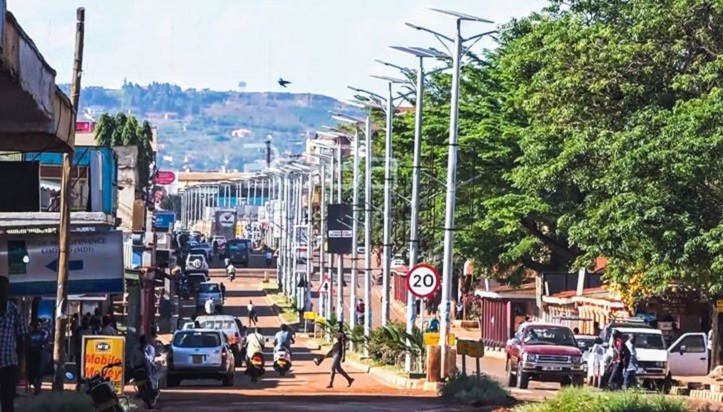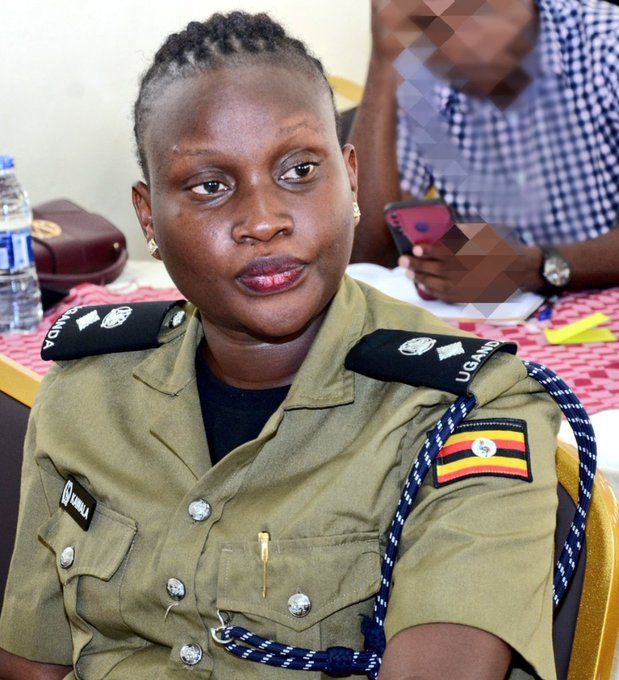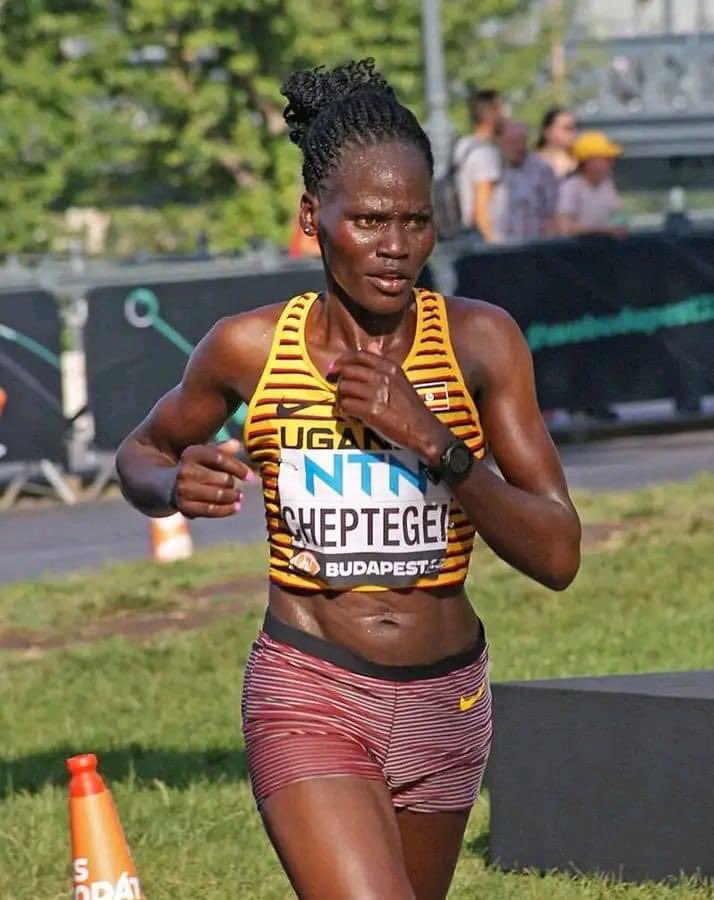Jinja City Identified as High-Risk Area for Online Gender-Based Violence
A recent study by the Women of Uganda Network (WOUGNET) has shed light on the prevalence of online gender-based violence (GBV) in Jinja City. The research, conducted in 2020, indicates that online GBV affects a significant number of females, with 99.7 percent of them reporting experiences, in contrast to 0.3 percent of males.
Online gender-based violence, as defined by the Association for Progressive Communications (APC), encompasses acts of violence partially or entirely facilitated by information and communication technologies (ICTs), such as mobile phones, the internet, social media platforms, and email. This includes various forms of harm, such as verbal and graphic threats, abusive comments, harassment, sexual assault, and the dissemination of explicit photos and videos.
The study, conducted in five districts, ranked Jinja as the area with the highest incidence of online GBV, followed by Kampala, Kabalore, Lira, and Kabale. Women in professions such as politics, music, and university students appear to be particularly vulnerable to these online threats, often choosing to remain anonymous due to fear of stigmatization.
Common modes of online sexual violence reported in the study include cyberstalking, cyberbullying, non-consensual sharing of intimate images, online sexual harassment, impersonation, doxing, trolling, hacking, and hate speech.
Pascaline Bahati, a victim of online GBV, shared her experience of losing her journalism career after her ex-boyfriend shared her nude photos.
In response to these findings, Esther Nyapendi, a technical support officer at WOUGNET, emphasized the importance of digital safety and security. They have provided training to 40 women in Jinja to raise awareness and educate them about protective measures when using online platforms. These measures include the use of strong passwords for email accounts, data encryption, and refraining from sharing private images with partners, among others.




















